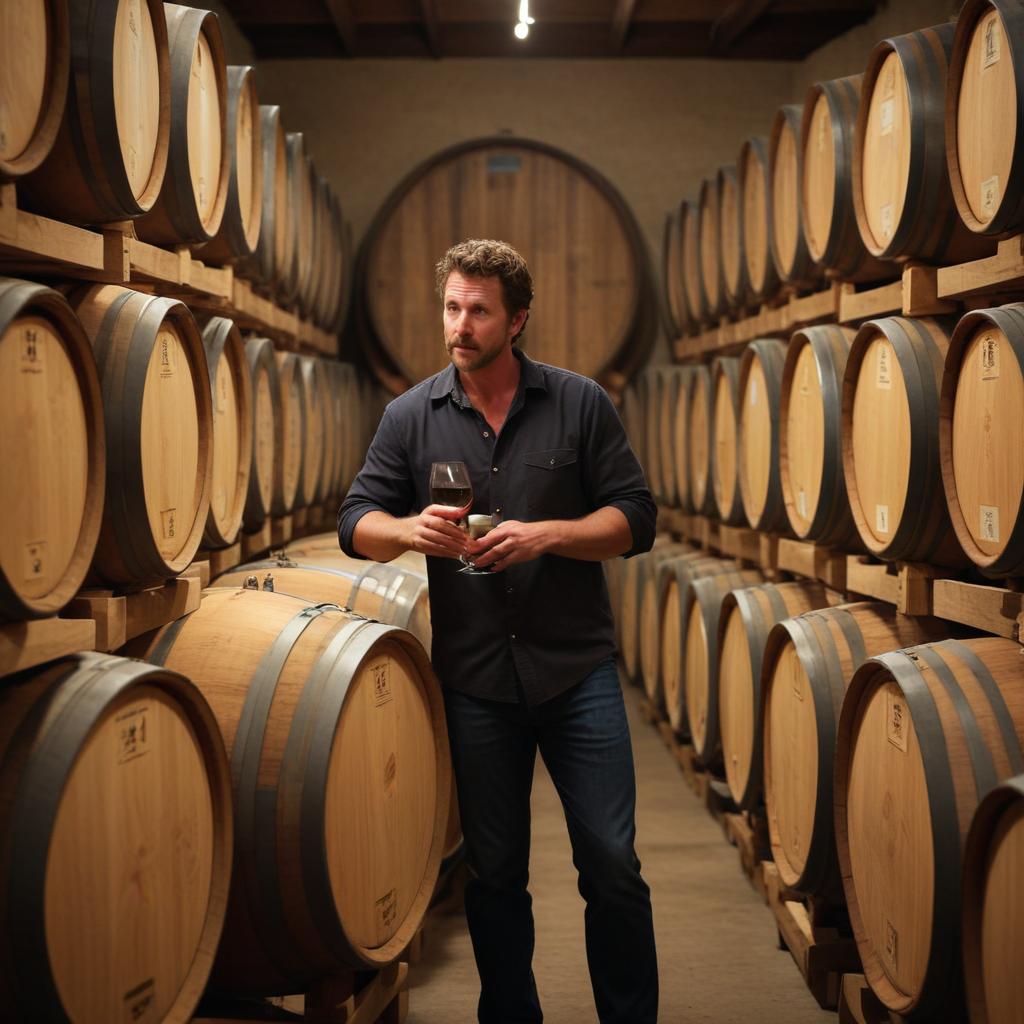The impact of Trump-era tariffs on the US wine industry, highlighting the reliance on imported goods and the challenges faced by small producers.
Kory Burke, a California winemaker, details how tariffs on European goods negatively impact his business. Despite the intention to boost American businesses, the tariffs hurt wine producers who rely heavily on imported materials like French oak barrels, corks, and even winemaking equipment. The tariffs increase costs, forcing price hikes that could drive customers to cheaper alternatives or away from wine altogether. The article highlights that wine consumers rarely substitute based on price, preferring specific regions and types. This is echoed by other producers, such as Paul Hoover of Still Waters Vineyards, who states that only the wine itself is made in America. The National Association of Wine Retailers criticizes the tariffs, arguing that they misunderstand the wine market and will harm the industry. The uncertainty caused by fluctuating tariffs makes planning difficult for businesses, impacting sales and potentially leading to layoffs. While some, like Hoover, see potential benefits in reduced transportation costs, the overall sentiment is negative. Past experiences with similar tariffs imposed during Trump's first term showed no benefit to domestic wine sales. The article concludes with concerns that small European producers may withdraw from the US market, impacting importers and consumers.



